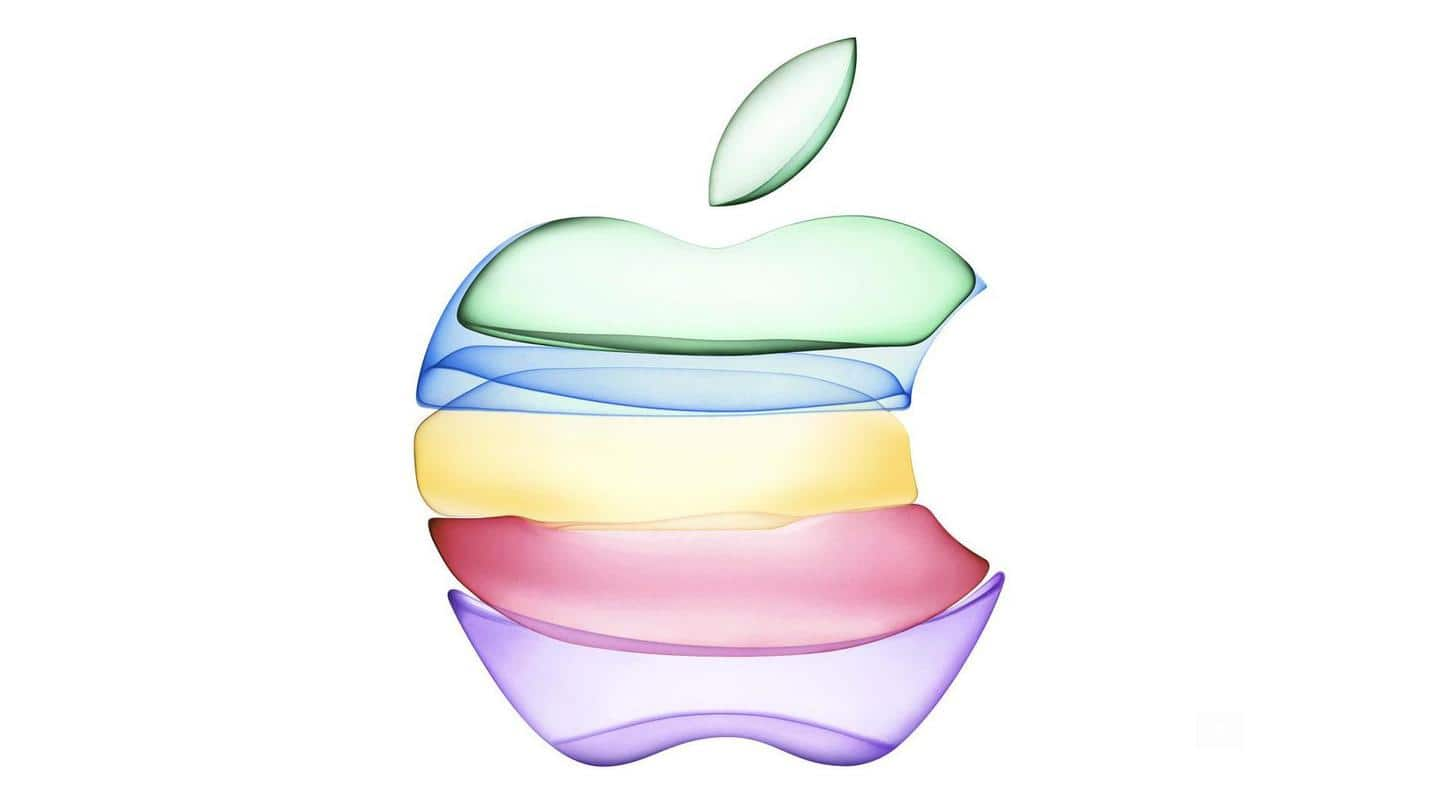
Apple kept iMessage from Android to lock users within iOS
What's the story
Apple's high-level executives have admitted that the company could have made iMessage available on Android but it instead chose to trap users in the iOS walled garden.
They also admitted how iMessage is a crucial part of Apple's ecosystem to keep users tied to the brand. This information was revealed in a briefing filed in court by Epic Games in a lawsuit against Apple.
Easy way out
Apple admits that it didn't develop iMessage for Android intentionally
The statement in the filing cites Eddy Cue (SVP of Internet Software and Services) acknowledging that Apple was capable of developing iMessage for Android in 2013.
However, Craig Federighi (SVP of Software Engineering) and Phil Schiller (SVP of Worldwide Marketing) suggested that bringing iMessage to Android would have hurt the company and remove the obstacle that keeps people from moving to Android phones.
Inconvenient truth
Apple's employee refers to iMessage exclusivity as "lock-in"
An additional comment from an Apple employee stresses the fact that iMessage has been the biggest factor keeping people in Apple's ecosystem and describes it as a "serious lock-in".
Epic Games wants to prove that Apple uses its platform to trap people in its ecosystem to create a monopoly.
Although Apple denies these allegations, the "lock-in" statement from its own employee suggests otherwise.
Brand image
Locking users into proprietary ecosystems is anti-consumer
Apple has never broken silence on the development of iMessage for Android. However, most people already know that it is a strategic decision to keep users from shifting to Android phones.
But with Apple's tacit acknowledgement of trapping users, it doesn't look good for the brand's public image. Moreover, it helps Epic Games make its case against Apple's unfair business practices stronger.
Technically right
Apple's practices aren't technically illegal, but still anti-consumer
Apple's practice to keep its consumers from leaving the walled garden, however, isn't illegal. Therefore, it won't draw much attention from the regulators.
The statement from Apple also suggests that it doesn't plan to develop iMessage for Android anytime soon.
Meanwhile, after enduring backlash from all quarters, the Cupertino-based tech giant has recently reduced its commission on the App Store.